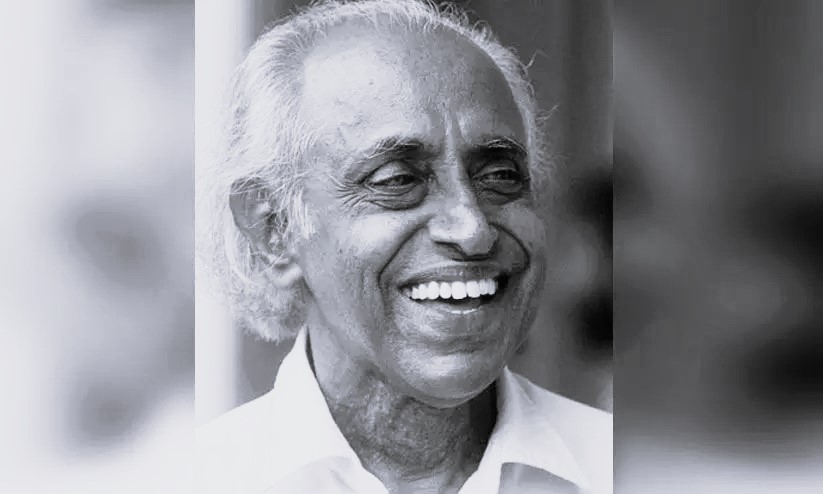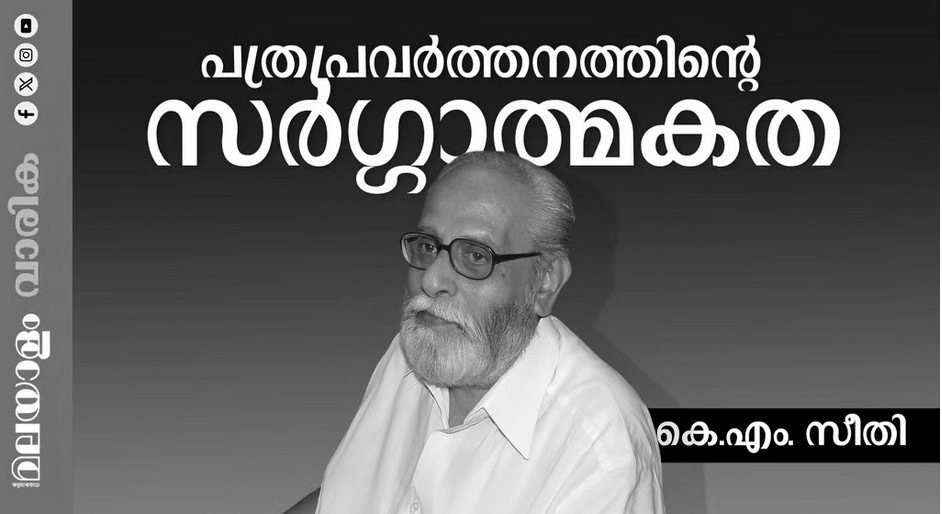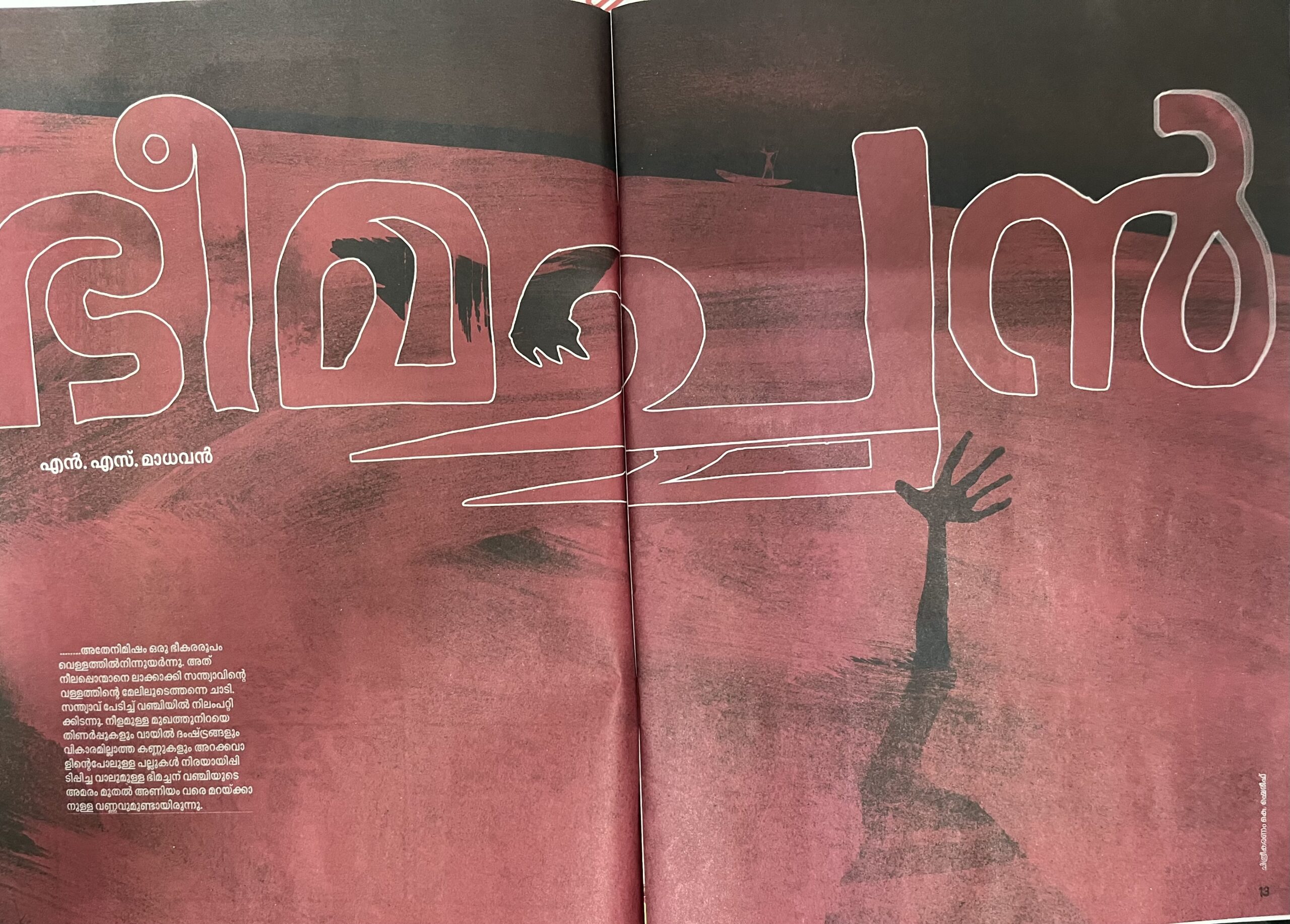Today, memories of M.N. Vijayan rise unbidden, like whispers carried through the minds of those who remember his quiet but formidable presence. In Kerala’s public sphere, he remained a figure of intensity, a voice that once stirred the air with sharp critiques and profound insights. Even now, long after he has spoken his last word, his thoughts continue to provoke, like distant waves rippling across the shores of collective memory, urging reflection and challenging the limits of what we thought we understood.
Vijayan’s death on October 3, 2007, signalled the close of a chapter in Kerala’s public discourse. For decades, he stood apart, his voice solid, cutting through the noise of Kerala’s Left politics with sharp and fearless critique. At a time when dissenting voices were often silenced or dismissed as mere contrarianism, Vijayan’s critiques were driven not by trend or convenience but by a relentless pursuit of truth. His challenges were not easy to bear, even for his peers, as his intellect refused to be swayed by fleeting agendas.
Born in 1930, Vijayan’s early education in Trichur and Ernakulam laid the groundwork for his later journey into academia and politics. Drawn to the ideals of the freedom movement, he began his political life as a Left sympathizer within the Indian National Congress before emerging as a central figure in Kerala’s progressive movement. After earning his M.A. from the University of Madras, Vijayan took up teaching at New College in Madras. Later, he returned to Kerala, where his tenure at Brennen College in Thalassery became a turning point, inspiring students and fellow thinkers alike with his sharp intellect and thought-provoking critiques.
For over fifty years, Vijayan’s voice not only influenced but shaped the very course of discussions on literature, philosophy, politics, and psychology in Kerala. He stood out for his ability to bridge the gap between scholarly critique and public discourse, making profound ideas resonate with a wider audience. His exploration of Freudian psychology opened new avenues for readers and scholars alike, encouraging a deeper understanding of the human psyche and its complexities. Yet, despite these towering contributions, Vijayan remained remarkably humble. When offered the prestigious Sahitya Academy Award, he famously declined it, an act that spoke volumes about his personal philosophy—an unwavering dedication to intellectual integrity over recognition. His public speeches, often laced with sharp wit and vivid allegory, captivated listeners from all walks of life. He could distil complex theories without ever diluting their essence, making even the most intricate ideas accessible, yet still retaining their full intellectual power.
Vijayan spent his life as a vigilant critic of global capitalism, which he believed was nurturing a culture of consumption that slowly stripped away ideological commitment. He often expressed disappointment that even within his own political circles, many had succumbed to this new materialism, placing personal gain above the collective welfare they once championed. For Vijayan, Marxism was never just a set of abstract theories; it was a living, breathing force for societal transformation. His critiques were often aimed at the ways in which the language of change had become intertwined with compromise, signalling the Left’s drift from its revolutionary spirit. To him, this loss of ideological clarity was more than a failure; it was a surrender to the forces of neoliberalism, which he saw as an existential danger to political life itself, reducing once-vital movements to mere performances and transforming politics into empty spectacle.
Vijayan’s final public appearance on October 3, 2007, was as unexpected as it was tragic. Standing before a press conference in Thrissur, he managed only a few words before collapsing. In what would be his final message, he called for vigilance, cautioning that society was straying perilously from its path. His sudden death left those in the room stunned, marking the end of an era for Kerala. With his passing, the state lost not just a voice but a mind that had relentlessly challenged the status quo. His departure deepened the growing intellectual void in a place already grappling with a waning culture of critical discourse, leaving behind a silence that resonated far beyond that tragic day.
Vijayan was more than a companion; he was a good presence in our life as we travelled together across Kerala many times, sharing stages and exchanging ideas. Those journeys were marked by quiet conversations and moments of reflection, deepening the intellectual and personal bond we had built over the years. Even now, after his passing, the echoes of those exchanges remain with me, a quiet reminder of the friendship and shared commitment to thought that shaped our lives.




